
Non-fiction - Non-fiction Literature Analysis
Welcome! Let's explore the world of non-fiction literature together.
Empowering Insight Through Non-fiction Analysis
Tell me about a non-fiction book you've read recently.
What's the educational value of reading essays?
How does non-fiction literature impact learning?
Discuss the main themes in a well-known non-fiction work.
Get Embed Code
Understanding Non-fiction: Purpose and Design
Non-fiction is a specialized GPT model designed to engage users in discussions about non-fiction literature, including books, essays, and articles. Its primary purpose is to analyze, interpret, and provide insights into educational and informative works. By focusing on the factual and analytical aspects of these materials, Non-fiction aims to foster a deeper understanding of real-world subjects, historical events, scientific discoveries, and philosophical inquiries. For instance, in a scenario where a user is curious about the impacts of climate change discussed in a recent non-fiction book, Non-fiction would not only summarize the key points but also delve into the scientific research and societal implications presented in the book, providing a comprehensive overview and encouraging further exploration of the topic. Powered by ChatGPT-4o。

Core Functions of Non-fiction
Analytical Discussion of Non-fiction Works
Example
Analyzing 'The Sixth Extinction' by Elizabeth Kolbert, focusing on its scientific explanations and the narrative structure used to present the ongoing biodiversity crisis.
Scenario
A user seeks to understand the significance of biodiversity loss. Non-fiction would offer a detailed analysis of the book's themes, its contribution to environmental discourse, and how it leverages narrative to engage and educate readers.
Comparative Analysis
Example
Comparing the treatment of artificial intelligence in 'Life 3.0' by Max Tegmark and 'The Age of Surveillance Capitalism' by Shoshana Zuboff.
Scenario
When a user queries about perspectives on AI's future, Non-fiction can compare these books to highlight differing viewpoints on AI development, ethical considerations, and societal impacts, providing a nuanced understanding of the subject.
Contextual Insights and Historical Background
Example
Exploring the historical context of the civil rights movement in 'The Warmth of Other Suns' by Isabel Wilkerson.
Scenario
A user interested in the Great Migration's impact on American society would be guided through the book's historical research, personal narratives, and its broader significance in understanding racial dynamics in the United States.
Who Benefits from Non-fiction?
Students and Academics
Individuals engaged in academic studies or research who require in-depth analysis and understanding of non-fiction materials. They benefit from Non-fiction's ability to dissect complex topics, offer critical insights, and support educational goals.
Lifelong Learners
Curious minds seeking to expand their knowledge on various subjects, from history to science. Non-fiction serves as a tool for exploring new topics, understanding complex issues, and engaging with thought-provoking content.
Professionals
Experts in specific fields looking for comprehensive summaries and analyses of the latest non-fiction works related to their industry. Non-fiction aids in keeping them informed and providing deeper insights into trends, innovations, and challenges in their areas of expertise.

Guidelines for Using Non-fiction
Start Your Journey
Initiate your exploration by accessing yeschat.ai, where a complimentary trial awaits you without the necessity for login credentials or a ChatGPT Plus subscription.
Identify Your Focus
Determine your specific interest or research area within non-fiction to leverage this tool's capabilities most effectively.
Engage with Non-fiction
Pose your queries or topics of interest related to non-fiction literature, ensuring clarity and specificity to receive the most relevant insights.
Apply Insights
Utilize the provided information to enhance your understanding, research, or academic work, integrating the insights into your projects or discussions.
Explore Further
Consider delving deeper into related topics or expanding your inquiries to explore new dimensions within non-fiction, leveraging the tool's comprehensive knowledge base.
Try other advanced and practical GPTs
Whimsy Story Assistant
Craft Your Story, Ignite Imagination
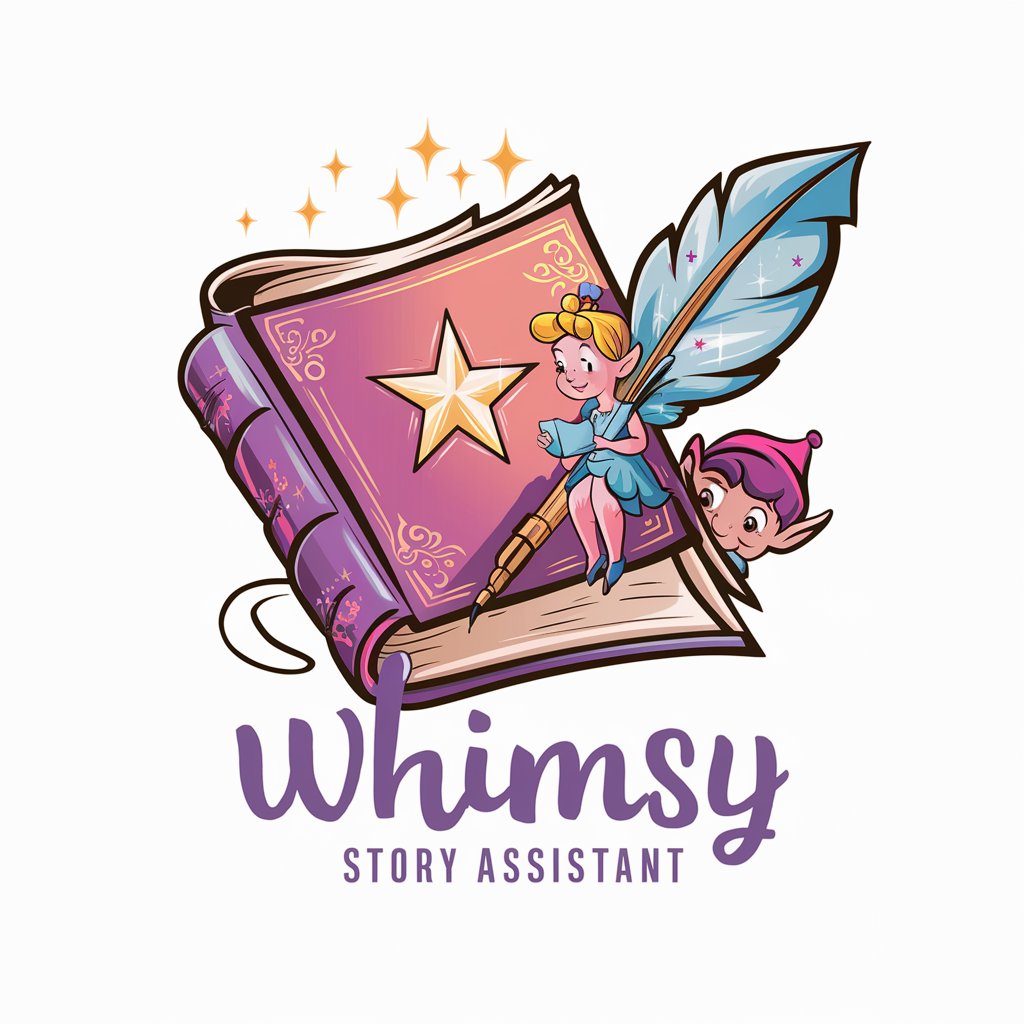
Book Creator from Tangent Templates
Unleash Your Story, Powered by AI
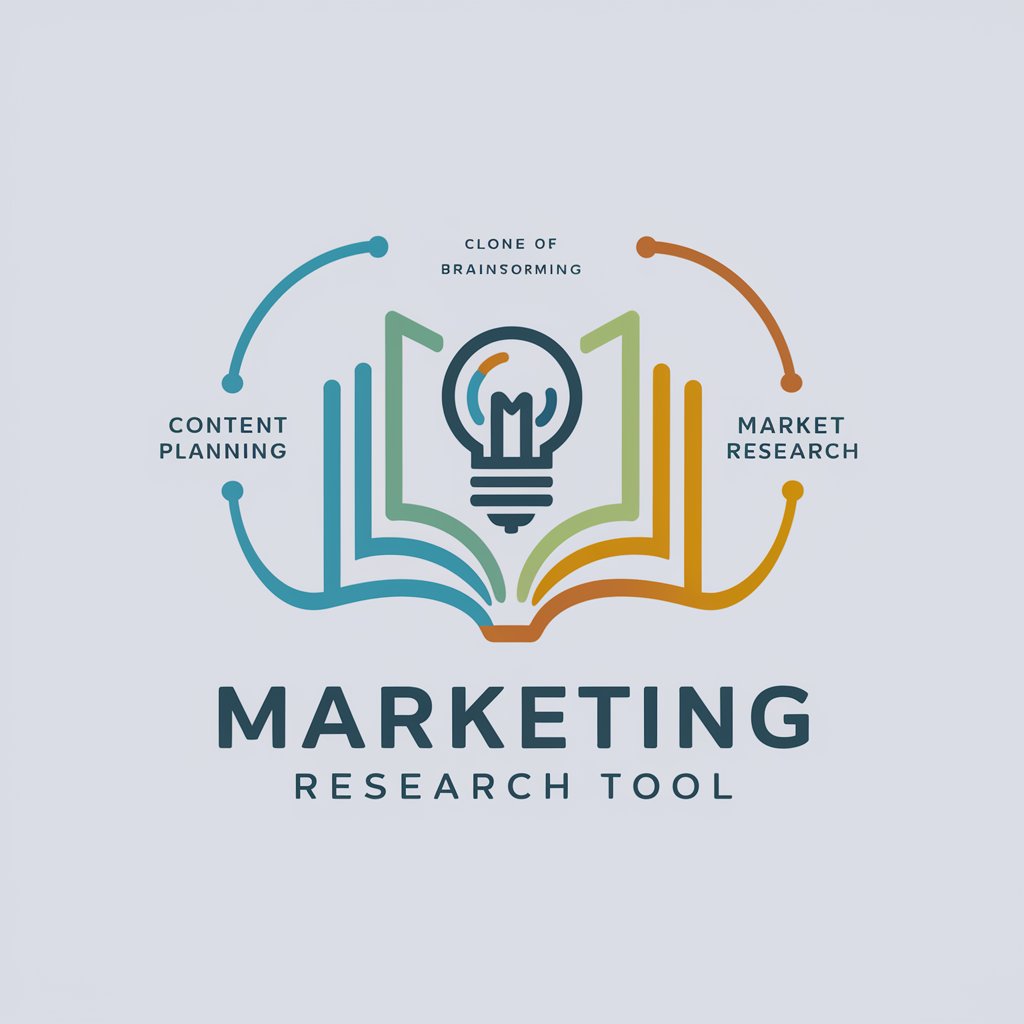
Summary Sage
AI-powered Summarization at Your Fingertips
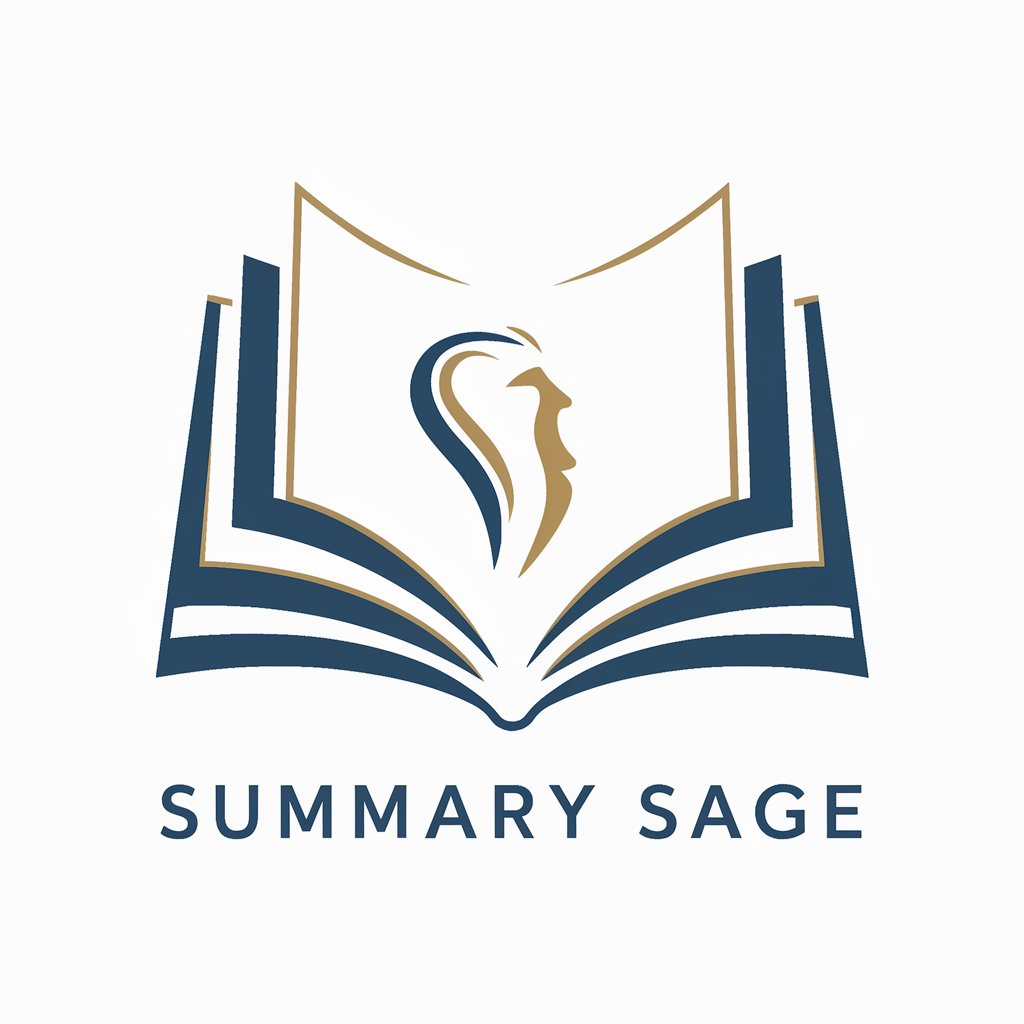
SkinGenius | Skin Health and Product Expert
AI-Powered Personalized Skincare

Christmas Card Photo Generator
Turn memories into festive greetings

ZZZ Bedtime Stories
Bringing Magic to Bedtime, Powered by AI
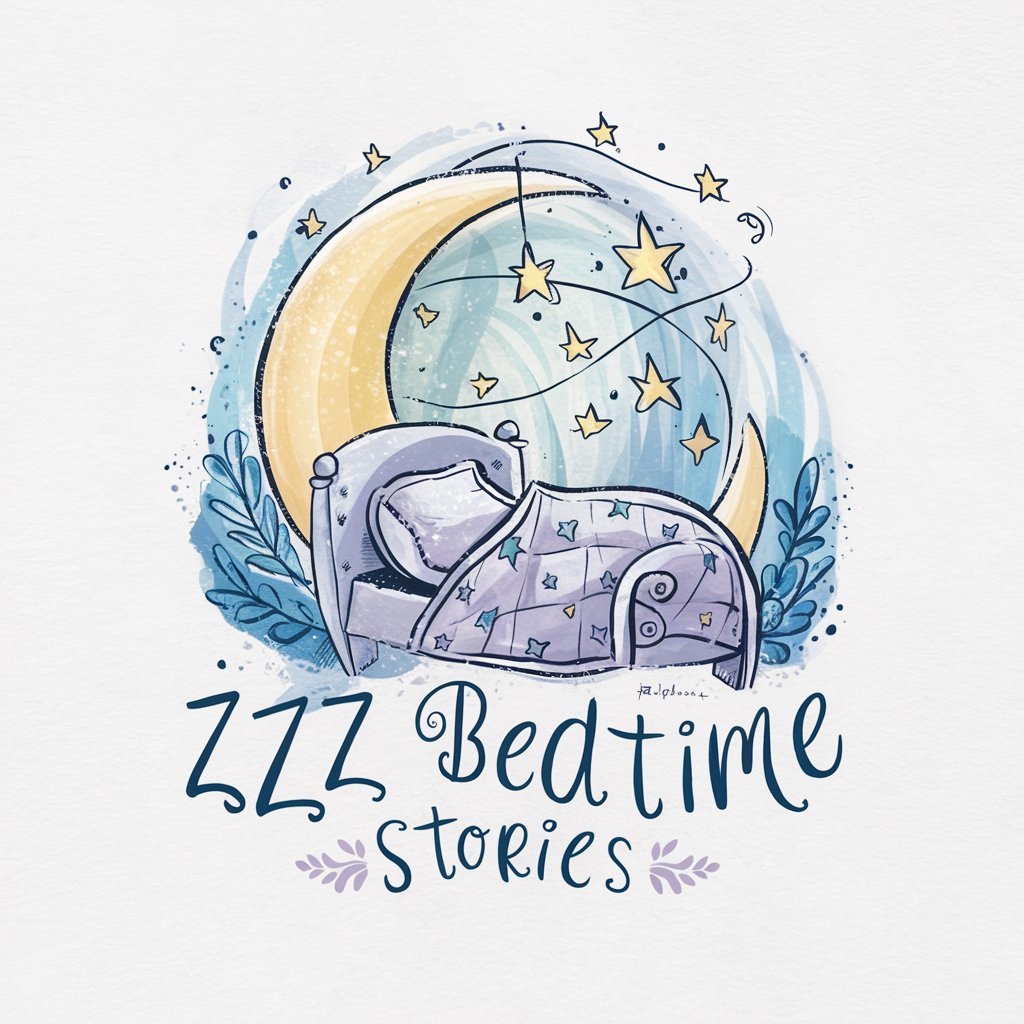
Book Dissector GPT
Unraveling Literature with AI
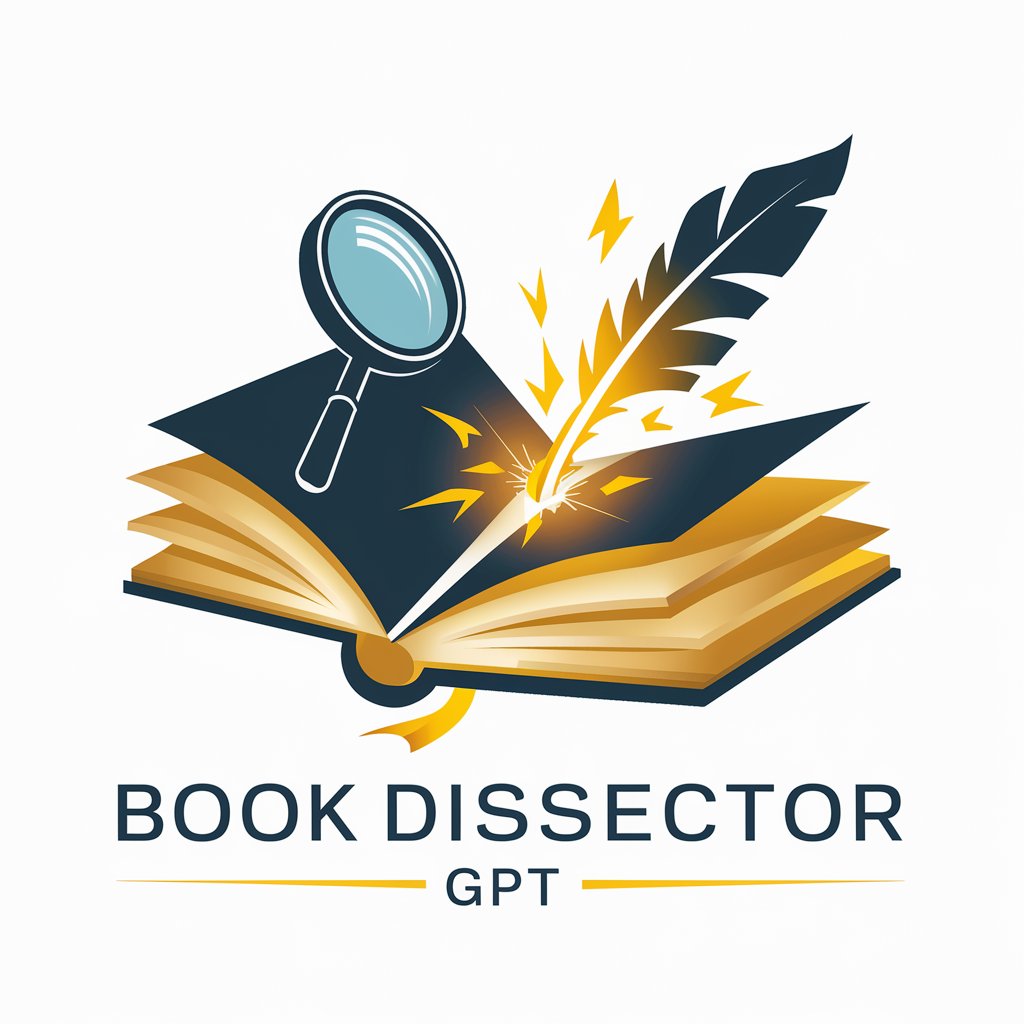
Inventor's Idea Analysis and Business Plan
Transform ideas into market-ready inventions with AI.

Business Gift Guru
Crafting Personalized Gift Experiences with AI

Aceo Advisor
Empowering Businesses with AI Insights

Matrix Analizzatore di business
Empowering decisions with AI-driven insights

AI Audit & Proposal Creation
Empower your business with AI-driven proposals.

Frequently Asked Questions about Non-fiction
What types of non-fiction literature can Non-fiction analyze?
Non-fiction is equipped to analyze a wide range of non-fiction literature, including academic texts, historical works, biographies, essays, and journalistic pieces, providing insights into their themes, ideas, and relevance.
Can Non-fiction assist with academic research?
Absolutely, Non-fiction can be a valuable asset in academic research by offering detailed analyses, summarizing key concepts, and elucidating the implications of various non-fiction works relevant to your study area.
How does Non-fiction handle complex topics within non-fiction works?
Non-fiction is designed to tackle complex topics by breaking down intricate ideas into understandable insights, providing contextual background, and relating these concepts to broader themes and real-world applications.
Is Non-fiction capable of comparing different non-fiction works?
Yes, Non-fiction can compare different non-fiction works, highlighting their similarities and differences in themes, perspectives, and contributions to their respective fields or topics of interest.
How can Non-fiction enhance my learning or professional development?
Non-fiction can enhance your learning or professional development by broadening your knowledge base, offering diverse perspectives on various subjects, and fostering critical thinking skills through the analysis and interpretation of non-fiction content.